NEW YORK — The bank accounts of tens of thousands of US businesses and consumers have been frozen in the wake of the abrupt closure and bankruptcy of financial technology company Synapse, which acts as an intermediary between financial technology companies and banks.
Synapse filed for Chapter 11 bankruptcy protection in April and has halted services to some of its fintech or banking partners, including Evolve Bank & To trust. That has caused disruptions for customers of Synapse's partners, resulting in accounts being frozen or running out of funds altogether.
Synapse's closure has “needlessly put end users at risk by hindering our ability to verify transactions, confirm end user balances and comply with applicable laws,” Memphis-based Evolve said in a statement last week. Because Evolve is a bank and must comply with banking regulations, it must ensure that all customer deposits are accounted for down to the cent, which can take some time.
Evolve also highlighted that despite customer deposits being frozen, the company is well capitalized. A source familiar with the size and scope of affected accounts at Evolve estimated the number of frozen accounts at fewer than 200,000. The person was not authorized to speak on the record.
Other banks or fintech companies that San Francisco-based Synapse partnered with included Tennessee-based Lineage Bank, as well as savings rewards company Yotta, a company that awards prizes to customers who save money. Reddit message boards for Evolve, Synapse, and Yotta were full of customers complaining about not being able to access their funds.
The magnitude of Synapse's disruptions could become greater. Synapse estimates in court documents that before the bankruptcy filing, it had about 100 customer relationships, allowing about 10 million Americans to participate in its services. However, banking regulators believe that this figure is extremely high and that the number of Americans affected will be in the thousands or tens of thousands.
Synapse's creditors have urged the court to convert the bankruptcy to Chapter 7, which would liquidate the company. In court, representatives of Synapse's customers argued that liquidation could make the disruptions to customers' funds even worse.
More often than not, fintech companies are not banks themselves due to the high costs and paperwork required to establish a new bank. Instead, these companies partner with banks – often smaller institutions with a minimal national profile – and use that bank as a place to store customer money without having to be a bank themselves.
To operate in this way, fintech companies often need an intermediary between the fintech company and the bank who can maintain the accounting necessary to ensure that customers' accounts are properly credited and debited. That's the job that Silicon Valley-backed Synapse had.
It's not clear what role U.S. banking regulators might play in the chaos resulting from Synapse's collapse. Synapse is not a bank, so its regulation is not handled by the Federal Reserve or the Federal Deposit Insurance Corporation. Because none of the banks Synapse has worked with have gone bankrupt, there will be no eligibility for FDIC deposit insurance payments.
It's possible that the Consumer Financial Protection Bureau, which has law enforcement powers, could open an investigation into Synapse's conduct and its impact on customers.
Both traditional bankers and consumer advocates have long criticized the fintech business model, where these companies appear to be banks but don't have any protection from banks because customer money is stored elsewhere.
“Synapse's shambolic failure and impact on end users will likely confirm policymakers' and regulators' worst fears about its business model and fintech in general,” wrote Jason Mikula, a former Goldman Sachs banker who has written about the problems. Synapse.
This isn't the first time a problem with a financial intermediary has hurt the average American.
In 2015, hundreds of thousands of customers of prepaid debit card company RushCard had their funds frozen after a failed software update caused RushCard's systems to completely freeze. RushCard customers, often low-income people, were unable to purchase groceries or other basic needs. The company was fined $13 million by the Consumer Financial Protection Bureau for the days-long disruption.










